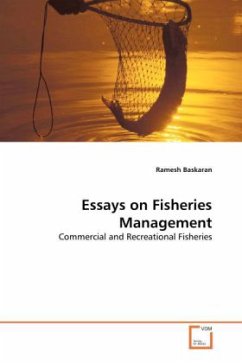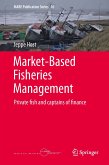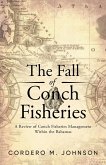This book consists of three essays that explore the
present issues on both commercial and recreational
fishery management in the United States of America.
It reviews recent development and different
management strategies in fisheries, which shows the
need to expand and improve the present fishery
management in order to entail sustainability of
resources as well as the economic well-being of the
fishery participants. The author describes how
rights-based cooperative approach in the form of
private property rights may provide an incentive for
the rational management of fisheries. In the second
essay, he develops a theoretical modelling of a
recreational fishery, integrating heterogeneity in
decision-making processes among recreational
fishermen based on their objectives and goals. The
third essay is based on an empirical analysis that
examines the technical efficiency of fishing fleets
and subsequently, proposes the rights-based
cooperative management as a way to improve the
technical inefficiency. This book is most suitable
for fishery managers, students and scientists who
are studying, working or researching in fisheries
management.
present issues on both commercial and recreational
fishery management in the United States of America.
It reviews recent development and different
management strategies in fisheries, which shows the
need to expand and improve the present fishery
management in order to entail sustainability of
resources as well as the economic well-being of the
fishery participants. The author describes how
rights-based cooperative approach in the form of
private property rights may provide an incentive for
the rational management of fisheries. In the second
essay, he develops a theoretical modelling of a
recreational fishery, integrating heterogeneity in
decision-making processes among recreational
fishermen based on their objectives and goals. The
third essay is based on an empirical analysis that
examines the technical efficiency of fishing fleets
and subsequently, proposes the rights-based
cooperative management as a way to improve the
technical inefficiency. This book is most suitable
for fishery managers, students and scientists who
are studying, working or researching in fisheries
management.








